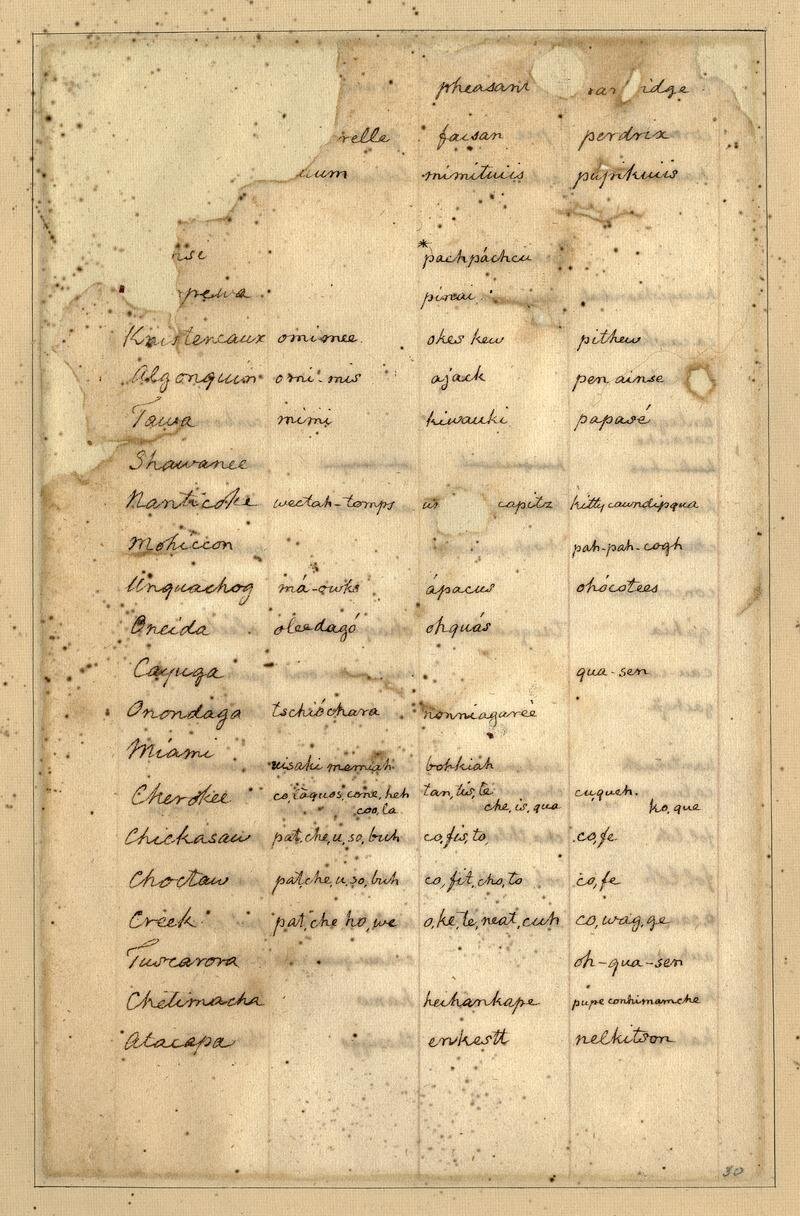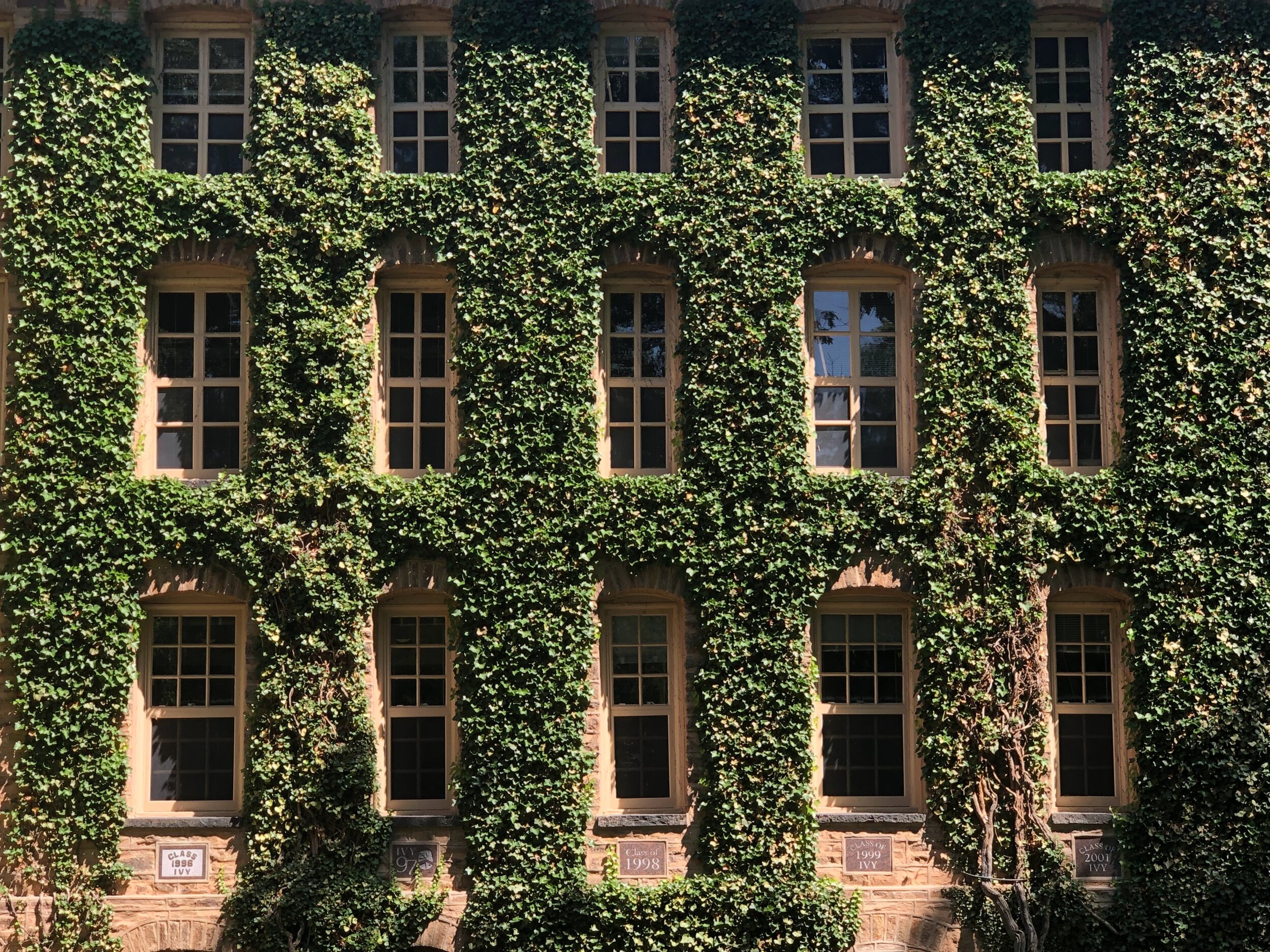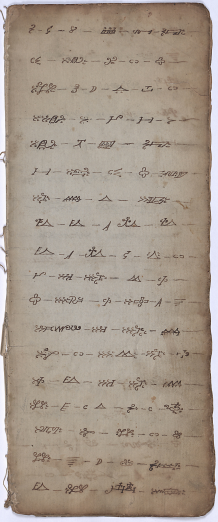
Teaching & Mentorship
Undergraduate & Graduate Courses
Undergraduate Course Offerings
Jonathon Edwards’s Grave Princeton, NJ.
American Literary History
This course surveys American literature from the colonial period to the Civil War. We read autobiographies, sermons, slave narratives, revolutionary tracts, essays, novels, and poems. Discussions of how early American literature shaped and was shaped by settler colonialism and how origin stories continue to define our understanding of America take place in this course. One goal of the class is to learn from the political work of land acknowledgements, and Indigenous and African American practices of storytelling and memorialization.
Sarah teaching at Princeton University.
America Then and Now
This course introduces students to the subjects of American Studies through discussion of some of the signature ideas, events, and debates in America’s past and present in order to understand America as it exists today. It examines both historical and mythic manifestations of America from local, national, and global perspectives and considers the historical and cognitive processes associated with the delineation of America. The course examines a wide range of material and media from the point of view of multiple fields of study, and it engages the voices of diverse individuals and cultures in telling the story of America then and now.
Channupa Hanska Luger, Mirror Shield for Standing Rock
Native American Literature
This upper-level course offers an in-depth examination of Native American Literature. Readings primarily consist of American Indian and Aboriginal Canadian authors, yet we place these authors in the context of the global phenomenon of indigeneity and settler colonialism. Native American Literature invites us to think differently about the present and the future. The underlying conviction of the course is that the study of Indigenous literature offers an occasion to reflect on, critique, and contest settler colonialism, or the dispossession of land and waters and the attempt to eliminate Indigenous people.
Photo by Danielle L. Capparella
Sarah Sense, Weaving America
Introduction in Indigenous Literatures
This Princeton Challenge course reads Indigenous literature to reflect on, critique, and contest settler colonialism, or the dispossession of land and waters and the attempt to eliminate Indigenous people. Students engage in projects that impact Indigenous Studies initiatives through dialogue with Indigenous communities, locally, nationally, and internationally. Community-engaged and research-intensive projects as well as course readings by Native American and Aboriginal Canadian authors will connect Indigenous histories across time and space and invite new ways of thinking about the past, present, and future of America and the World.
PACIFIC ARCHIVES AND INDIGENOUS COSMOLOGIES
This course reorients American literary history by beginning in the Pacific rather than the eastern seaboard, centering Indigenous cosmologies from Hawaii and Alaska. We examine creation stories such as the Kumulipo and the Tlingit Raven Cycle alongside American archives, disrupting familiar narratives of colonial encounter and expanding conceptual vocabularies to include ecologies, beach crossings, oral histories, and diasporas. Readings and discussions challenge Western frameworks of knowledge—such as linear time, taxonomy, and subject-object divisions—by engaging perspectives in which the natural world is animate and humans are in kinship with non-human beings. A spring break trip to Juneau, Alaska, offers immersive, community-engaged learning with local artists, carvers, and scholars, connecting literature to art, ecology, and the lived cosmologies of the Pacific Rim. Through this work, students rethink how cosmological encounters shape understandings of time, history, and identity.
“What I love about early American literature is that it can seem historically distant at first but that historical distance illuminates aspects of our contemporary culture that we may otherwise miss.”
- Sarah Rivett -
Graduate Course Offerings
Artist: Tompkins Harrison Matteson, Photo of artwork by Detroit Photographic Co.
American Supernatural
The 1692 Salem witch trials defied rational explanation. How does one reconcile invisible specters flitting through the night or inflicting harm on young girls with religious orthodoxy and scientific modernity? From the crisis exposed by Salem to the fiction of Edgar Allen Poe, this course charts how a supernatural domain of demonic possession, ghosts, and gothic haunting evolves in transatlantic and early American literature. Reading works by novelists, preachers, poets, and philosophers, this course explores the supernatural as a realm of unsettled or forbidden knowledge about divinity as well as natural and material worlds. What is the fate of religious belief in the eighteenth century? How did evangelical culture thrive in an Age of Reason? We pay close attention to how religion impacts form and genre differently in England and America.
Photo: Dave Williams / Pexels
Religion and the Rise of the Novel
Eighteenth-century novels posited unseen worlds, offering their own forms of truth and revelation. Fiction modeled new modes of religious conviction; religious debates also impacted fiction. This course proposes that the rise of the novel is a key genre from writing post-secular literary history. The post-secular refers to an attempt to examine the historical past unburdened by the erroneous belief in the inevitable or necessary suppression of religion, or, more broadly, the triumph of the material over the spiritual. Instead, we explore how from Paradise Lost to the Gothic novel, literary forms and religious changes evolved as constitutive features of modernity. The religious history covered in the course includes Reformation theology, revivalism, Methodism, and political millenarianism. We pay close attention to how religion impacts form and genre differently in England and America.
Archival Re-imaginings Then and Now
Archives shape stories about the past. History conditions how archives are constructed and read. Making use of the archival documents at Firestone Library and the collections of the Princeton University Art Museum, this course explores how such repositories have been constructed and encourages new methods for re-imagining the past. Our emphasis is on texts, documents, and objects collected in the eighteenth and nineteenth centuries, as the spoils of imperialism and archives of national histories forged out of settler colonialism. Reading along the archival grain, we will focus on the Indigenous presence in settler archives while using decolonial and interruptive approaches to animate silenced histories, voices, and cultures. We also expand sites of knowledge production beyond the archive to the land itself. Shifting our understanding of the past, we see the present differently and imagine alternate futures.
Photo: Mi’kmaq Ideograms

Department of English Graduate Program
With an accessible and supportive faculty and in-depth curriculum, the English graduate program at Princeton University is dedicated to the support, growth, and success of its students.







